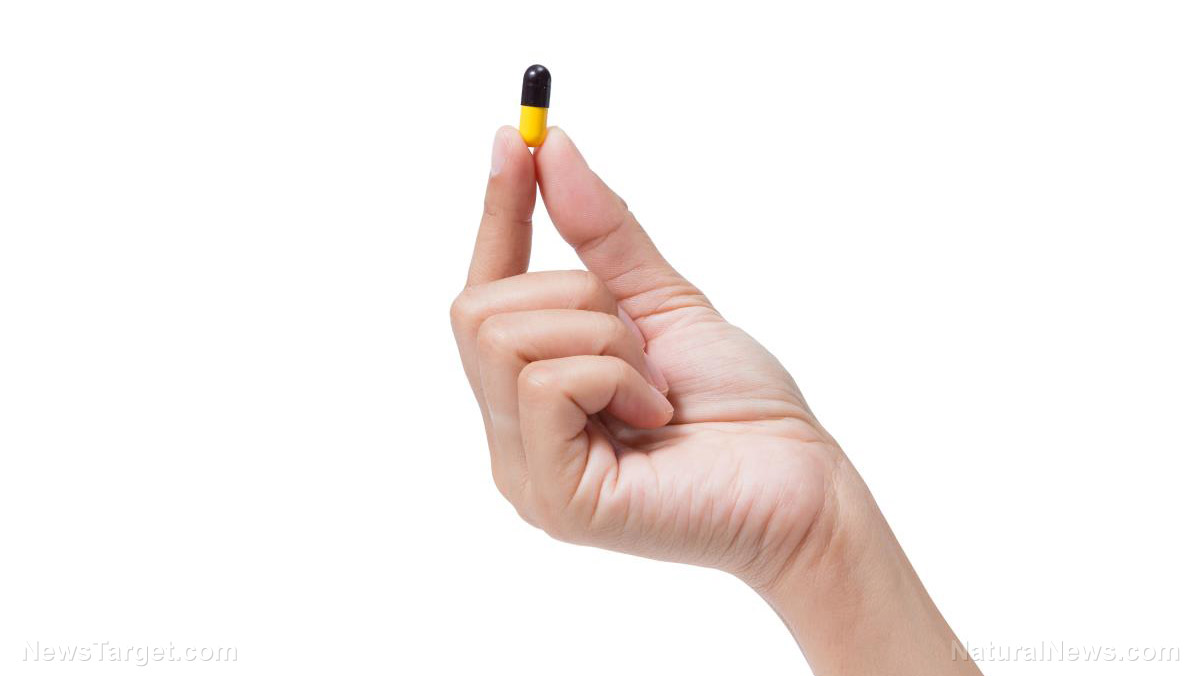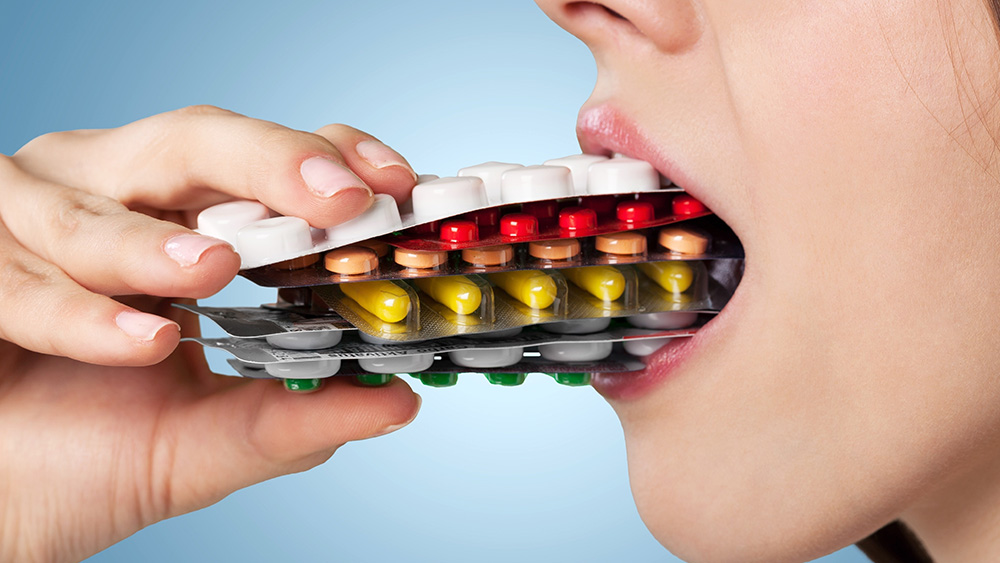Don’t trust lab tests of your neurotransmitters
07/09/2019 / By Vicki Batts

For years, so-called experts have promoted the idea that chemical imbalances in the brain are the cause of mental health issues like depression — and that neurotransmitter testing can help solve these imbalances. But there are many reasons to be skeptical of neurotransmitter testing initiatives, including evidence that low levels of key brain chemicals have nothing to do with depression at all. Stunning research shows that these widespread beliefs are nothing more than marketing myths used by the pharmaceutical industry to peddle their products and reinforce the message that mass medication is the answer to all the world’s problems.
There is no shortage of commercials promoting the idea that using pharmaceuticals to “fix” your brain chemistry is the cure to all your ails, but health experts say the notion that neurotransmitter testing can help is nothing but a farce.
Why you shouldn’t trust neurotransmitter testing
As Be Brain Fit reports, there are many reasons why neurotransmitter testing is unreliable — yet much of mainstream medicine relies on this “technology” to reinforce the pharmaceutical industry’s agenda of pushing toxic medications onto an unsuspecting public.
One of the most shocking revelations revealed by Be Brain Fit is that neurotransmitter testing can not test neurotransmitter levels in the brain. Instead, these analyses rely on measurements of neurotransmitters present in the urine, saliva or blood.
There is no established correlation between neurotransmitter levels in the brain and those found in the rest of the body. What this means is that the amount of neurotransmitters found in saliva or urine has no known relationship to those in the brain.
While your brain may use the neurotransmitters it produces to activate receptors found in the brain, neurotransmitters found elsewhere in the body cannot be used by the brain, since they cannot cross the blood-brain barrier. This means that neurotransmitter testing is essentially irrelevant when it comes to gauging neurotransmitter function in the brain.
Because neurotransmitters have an extremely short half-life (existing in the body for only minutes or seconds), neurotransmitter levels can change in the blink of an eye. Serotonin molecules, for example, have a half-life of just one second.
This means neurotransmitter test results provide a picture of only a moment in time — rather than a long-term analysis.
The pharma farce
And as Be Brain Fit contends further, even if neurotransmitter testing did provide an accurate analysis, these tests still ignore neurotransmitter reception — which is arguably more important than actual levels. There are many reasons why neurotransmitter receptors may not able to utilize neurotransmitters properly — and these reasons are often dependent on the health status of the individual. Nutrition and lifestyle are key to a properly functioning brain, not pharmaceuticals.
While pharma companies have long promoted their drugs as the cure-all for depression and other mental health concerns, a growing body of evidence shows that low levels of neurotransmitters like serotonin may have nothing to do with depression, after all.
For many years, pharma scientists have been trying to conjure up evidence which showed low serotonin levels were connected to depression — all the while, continuing to promote their drugs as the best line of treatment. While it is true that many pharmaceuticals can increase the amount of serotonin in the brain, there is little evidence that this actually provides relief for depression sufferers. As The Guardian notes, if low serotonin was the cause of depression, these drugs should provide nearly instantaneous results — which simply doesn’t happen.
These drugs do not take effect right away, and in nearly half of patients, don’t work at all. There is also no significant data tying low serotonin to depression. In other words: Scientists can’t prove that increasing serotonin levels cures depression — and they don’t even have evidence that low serotonin causes it. However, studies do show psych drugs can make things worse.
Like many other pharmaceuticals, these kinds of drugs have no basis in reality. You can learn more about pharma hoaxes and more at DangerousMedicine.com.
Sources for this article include:
Tagged Under: bad medicine, Big Pharma, brain function, brain health, brain nutrients, false-flag, mental health, neurotransmitter testing, Neurotransmitters, pharmaceuticals, research
RECENT NEWS & ARTICLES
PharmaceuticalFraud.com is a fact-based public education website published by Pharmaceutical Fraud Features, LLC.
All content copyright © 2018 by Pharmaceutical Fraud Features, LLC.
Contact Us with Tips or Corrections
All trademarks, registered trademarks and servicemarks mentioned on this site are the property of their respective owners.



















